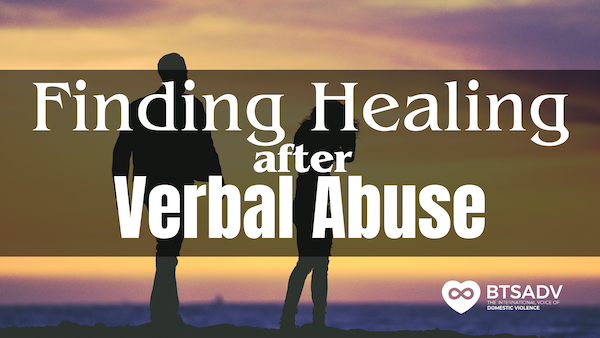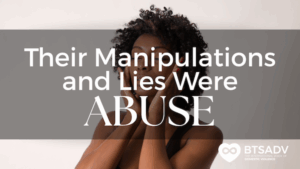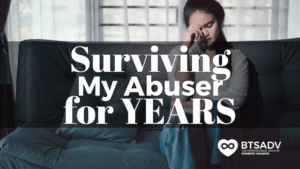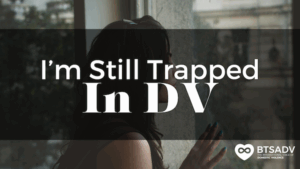By: Jessica Christian
Words are powerful and verbal abuse is often overlooked because it doesn’t leave physical scars.
Yet the emotional wounds it causes can last a lifetime. Many people who have experienced it say the pain lingers far longer than any bruise ever could.
At its core, verbal abuse is about control and harm. It can take many forms — constant criticism, name-calling, belittling, yelling, or manipulation. Over time, those words can erode a person’s confidence and self-worth, leaving them questioning their value. The heartbreaking truth is that so many people live with this in silence, believing they do not deserve better or that it is “just words.”
But words matter. They shape how we see ourselves and the world around us. And no one deserves to be spoken to in a way that makes them feel small, unworthy, or unloved.
Why It is Hard to Talk About
Unlike physical abuse, verbal abuse is harder to identify. People often downplay it — telling themselves, “Maybe I’m too sensitive,” or “They didn’t mean it.” Society sometimes does the same, dismissing it as normal conflict or “tough love.” But abuse, in any form, is never normal and never okay.
Talking about it can be very uncomfortable. Victims may fear they will not be believed or that they will be judged for staying in a toxic situation. That is why Share n Care is so important. When we create safe spaces for people to share their stories, we remind them they are not alone. And when we care enough to listen — truly listen — without judgment, we offer the first steps toward healing.
The Long-Term Impact
Verbal abuse can leave deep, invisible scars. Survivors may struggle with anxiety, depression, or low self-esteem for years. Some find it hard to trust others, set boundaries, or believe they are worthy of love. While those wounds can’t be seen, they are every bit as real as physical ones.
Healing does not happen overnight, but it is possible. It begins with acknowledging the pain and taking small steps toward self-kindness. Healing is a journey of unlearning cruelty — both from others and from the way we sometimes speak to ourselves.
How We Can Share & Care
Listen without judgment. When someone opens, please resist the urge to minimize their experience. Instead, validate their feelings with words like, “That wasn’t okay, and you didn’t deserve it.”
Encourage self-compassion. Survivors often internalize the hurtful words they have heard. Remind them — and yourself — that healing starts with speaking gently to your own heart.
Promote healthy communication. Use language that uplifts, not tears down. Choose words that build bridges, not walls.
Know the resources. Therapy, support groups, and trusted friends can make a dramatic difference. You do not have to face this alone.
Choosing Better Words
One of the most powerful ways to break the cycle of verbal abuse is to be intentional with our own words. Words can be weapons, but they can also be medicine. Saying things like, “I’m proud of you,” “You are strong,” or even, “I’m here for you,” can bring comfort and healing to someone who has been hurt by toxic language for far too long.
Moving Forward
The mission of Share n Care is simple: to share our stories and care for one another. If you have been hurt by verbal abuse, please know that you are not alone. Your voice matters. Your healing matters. And if you have not experienced it yourself, you can still be influenced by being the kind of person who speaks life, not pain, into others.
Words may break, but they can also rebuild. Let us choose to rebuild — together.
Check These Resources:
- Therapeutic Interventions for Healing From Domestic Violence
- The Hidden Impact of Teen Dating Violence
- Find Support with BTSADV
Support Line
Other Resources and Information:



